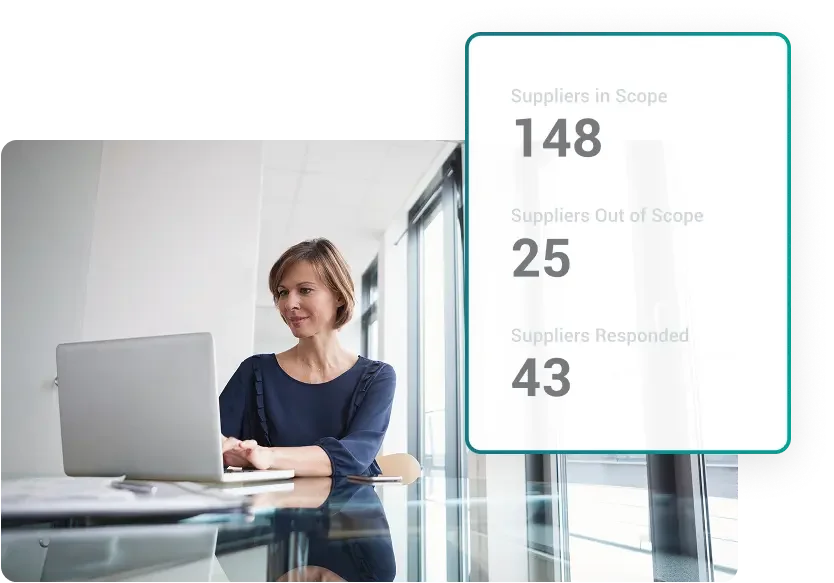On April 14, 2025, the EU Council approved the Omnibus 1 centered around the Stop-the-Clock mechanism included in the Omnibus Simplification Package. This mechanism, proposed by the European Commission in February 2025, postpones the effective deadlines for large companies and small and medium-sized enterprises (SMEs) that have not yet started reporting under the Corporate Sustainability Reporting Directive (CSRD) and the Corporate Sustainability Due Diligence Directive (CS3D).
Now approved, the Stop-the-Clock will be published in the EU Official Journal and come into force the next day. It pushes back:
- The start date for CSRD reporting by two years for second- and third-wave companies
- The transposition deadline and the first phase (covering the largest companies) of the CS3D by one year
What Should You Do Now? Don’t Wait
The CSRD and CS3D aren’t going away. This Stop-the-Clock reprieve is designed to help EU legislators agree on how to streamline and simplify CSRD reporting, and the CS3D and Carbon Border Adjustment Mechanism (CBAM). Although the proposed Omnibus Simplification Package reduces requirements on manufacturers, supply chain sustainability due diligence remains a core due diligence element across the EU.
This means that manufacturers should still be engaging their value chains for sustainability performance data. Right now is the time to ensure you have a program in place and a platform that centralizes all that data. Because of the extension, companies will likely face extra pressure to report fully and on time.
We recommend that you put a broad supply chain sustainability program in place rather than focus only on specific CSRD requirements. This way, you can recycle information for other mandatory sustainability reports.
What is the Omnibus Simplification Package?
On February 26, the European Commission released proposals for its first Omnibus Simplification Package — a major move to reduce complexity in sustainability regulations while staying aligned with Green Deal goals. In addition to proposals to streamline the CSRD, CS3D, and CBAM, the Omnibus Simplification Package comes with a draft Taxonomy Delegated Act.
The aim: Simplify EU rules, cut administrative costs, and unlock billions in investment. The European Commission estimates potential savings of €6.3 billion annually in compliance costs, and an additional €50 billion in public and private investment capacity.
Businesses, especially SMEs, have long voiced frustration with overlapping directives and high compliance costs. In response, the European Commission is targeting a 25% cost reduction for large companies and 35% for SMEs. By streamlining these rules, the EU hopes to make sustainability compliance more efficient and impactful.
Are Non-EU Companies Affected?
While the surface-level focus of the CSRD is on EU entities, its influence on non-EU companies shouldn’t be underestimated. Companies with operations or partnerships in the EU are already feeling the ripple effects of the directive. They face a rising demand for sustainability information and due diligence practices that align with the CSRD.
Manufacturers serving in-scope EU customers will need to collect and provide the necessary data to support CSRD reporting. Otherwise, they’re putting their business relationships and bottom lines at risk.
The recommendation to implement a broad supply chain sustainability program also applies to non-EU companies that aren’t in scope themselves. By collecting a broad range of sustainability data, companies will have the information needed to respond to customer CSRD surveys and be proactively prepared for North American mandatory reporting initiatives, such as the U.S. Securities and Exchange Commission (SEC)’s Climate-Related Disclosure Standards and the California climate disclosure laws.
How to Get Started
Assent can help you launch your supply chain sustainability management program. Our AI-powered platform automates supplier engagement for environmental and social impact data, plus it provides enhanced supplier screening to identify the risks that surveys alone can’t catch. And our CSRD Materiality solution can help you simplify your materiality assessment to understand which value chain entities and sustainability topics are most relevant to your requirements.
This Stop-the-Clock grace period is the perfect opportunity to get ahead of your CSRD data collection. Don’t let it go to waste: Book a demo of Assent’s solution today.
FAQ: EU Omnibus Simplification Package
Learn about the Stop-the-Clock Mechanism with answers from our experts.









